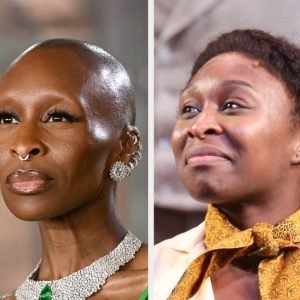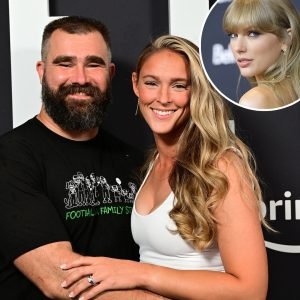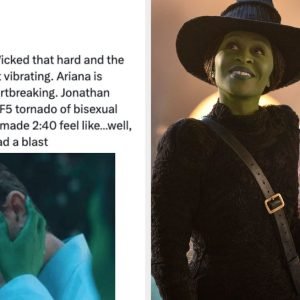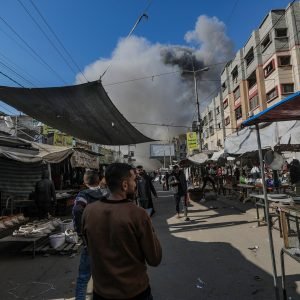
THEN: Speaking of inspirations, I’m a UCB-trained improv actor, so I resonate with some of your earliest work in comedy. How did those experiences in sketch comedy and writing prepare you for the career you built for yourself today?
Oh, totally and completely. I’ve been doing improv for a long time, probably just as long as I’ve been doing theater. I started out doing it in high school. Improv for me was my therapy before I had therapy because it’s obviously, don’t think, trust yourself. All of the principles that allow you to be a good improviser, a good sketch writer, a good sketch performer, were all principles that are actually good to live by, like supporting each other, “Yes, And?” and all of that.
It was definitely impactful in prepping me for this career because it’s so much of what I do. It requires you to be agile and pivot on a dime. When you’re in production for something, you lose a location, and it’s okay, let’s find another one. It’s constantly “yes and-ing” as you work this industry of “Okay, let’s build on that idea.”
When I’m writing, I use improv when I write. I’ll write down something, and then I’ll read the dialogue, and then I’ll improvise more dialog after that to see if that’s where I want to go. In writing sketches, you know, there’s so much about the game of the scene you talk about at UCB and sort of understanding what the character’s tick is.
There are all sorts of ways that my time at UCB and at Washington Improv Theater affected my approach to comedy. It helped me find my comedic voice. It really gave me a place to allow my brain to function at its highest operating speed. I’m very neuro-spicy… My cognitive processing time is freakily fast, so to be able to live in that flow…it was affirmation that I’m doing the right thing.







